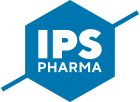RESPONSIBILITIES
The Royal Pharmaceutical Society has published guidance to pharmacists on their responsibilities in relation to unlicensed medicines or ‘Specials’.
To take all reasonable steps to ensure that:
Patients receive medication that is safe, effective, appropriate for their condition and their circumstances, with minimal clinical risk;
An unlicensed medicine is supplied only when there is no available licensed medicine which fully meets the patient’s clinical needs;
The appropriateness of continued prescription of an unlicensed medicine is reviewed and that continued supply is justified by continued special clinical need;
Any unlicensed medicine supplied is fit for purpose – is of the appropriate quality and clinically appropriate for the individual patient;
They understand their professional responsibilities when supplying unlicensed medicines i.e. ensure the patient receives a medicine of assured quality;
They minimise risk to patients and themselves: the expectation is that pharmacists will supply an unlicensed product only by exception and with the full knowledge of the prescriber and the patient.
A pharmacist shares with the prescriber, accountability for supplying an unlicensed medicine to a patient. They must be able to demonstrate that they have acted with due diligence in regards to patient safety, and that they have taken all reasonable steps to ensure:
Procurement from an appropriate source;
That the product is of appropriate quality;
That the product meets the particular clinical needs of the patient: this may require dialogue with the manufacturer, and if relevant the hospital pharmacy, about all criteria such as formulation and strength.
Meeting all of these responsibilities is made very much easier if the unlicensed medicine (Special) is procured from an ethical, compliant and reputable manufacturer such as IPS Pharma.

